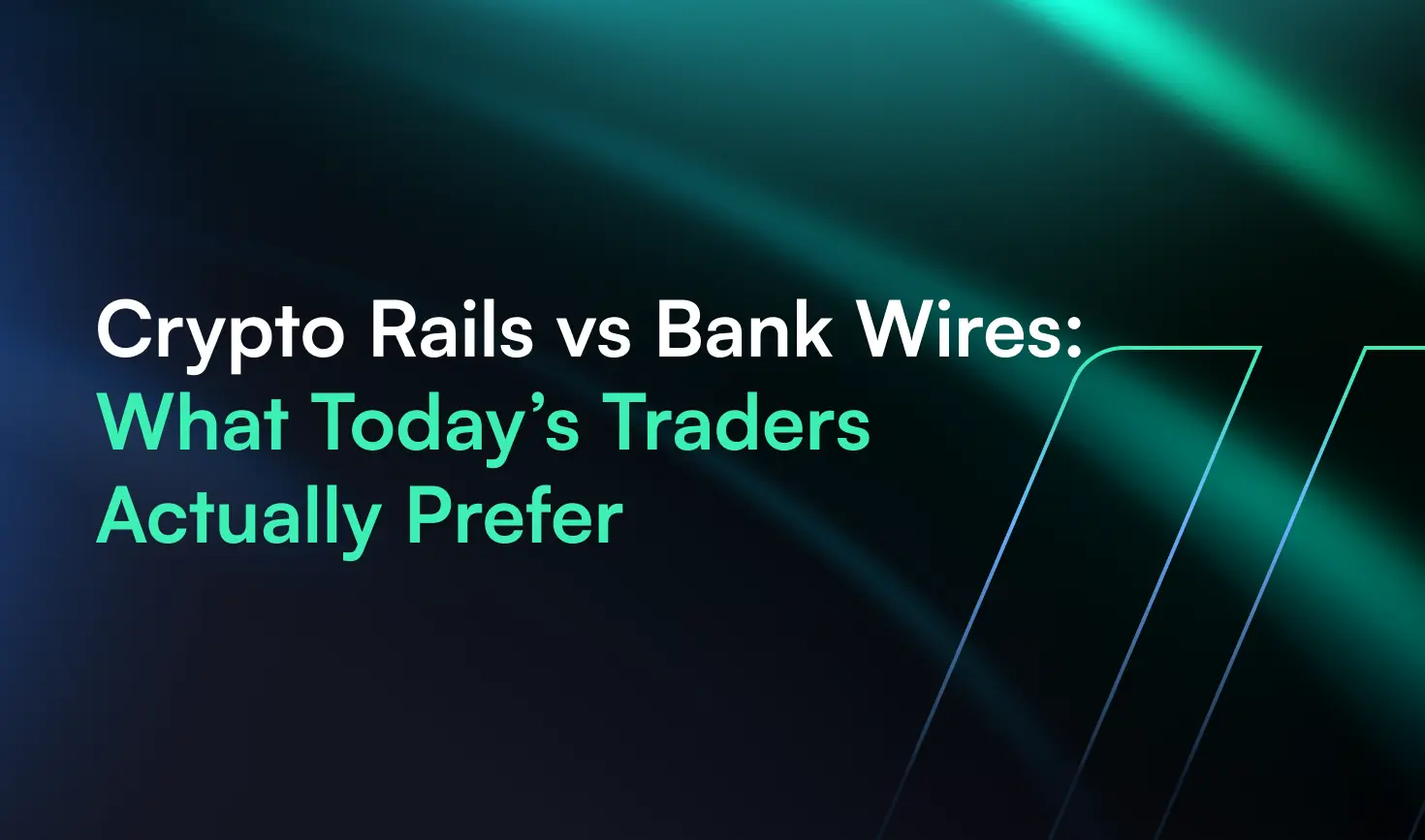Summarize with AI:
Key Takeaways:
-
Access to fiat rails in crypto and fintech depends on a compliant Banking-as-a-Service partner, making BaaS due diligence a regulatory necessity.
-
BaaS relationships expose your company to direct regulatory risk, so you must evaluate licensing, AML controls, data security, and operational accountability before integration.
-
White-label platforms that embed vetted BaaS providers and compliance tooling can reduce risk and accelerate go-to-market in regulated environments.
Banking-as-a-Service Due Diligence: What Every Crypto and Fintech Operator Must Know
In crypto and fintech, your ability to onboard users, move fiat, and operate legally depends on one thing: access to regulated infrastructure. That infrastructure comes through Banking-as-a-Service (BaaS). It connects your product to licensed banks and payment systems through APIs. It powers compliance, custody, settlement, and fiat rails. You do not need a license to build a fintech product. But you absolutely need a BaaS partner with one.
At Shift Markets, we have worked with crypto exchanges, neobanks, and wallet providers across the globe. The firms that succeed are the ones that treat BaaS due diligence as a core part of their regulatory strategy. The ones that fail treat it like a vendor integration and that mistake is often fatal.
What Is Banking-as-a-Service (BaaS)?
Banking-as-a-Service is a model where a licensed financial institution offers its infrastructure and regulatory permissions to a fintech or crypto company. These services are delivered through APIs, while you handle the user experience. The BaaS partner handles the regulatory perimeter.
The end customer signs up through your app but becomes a legal customer of the bank. That means your entire user flow is subject to the rules and compliance posture of the bank. If your BaaS provider is weak on controls, your company is exposed. If you violate your partner’s compliance program, your product will be shut down. This relationship is efficient but high-stakes. Both sides must operate like licensed entities.
Why BaaS Due Diligence Is Critical
From 2022 to 2024, BaaS came under direct regulatory fire. Sponsor banks were fined, and partnerships were dissolved. Fintechs were cut off from users with no warning. The enforcement actions were consistent: poor oversight, loose KYC, vague risk policies, and misleading consumer disclosures.
This is no longer an emerging risk. It is an active regulatory zone. Whether you are launching a trading app, offering fiat on-ramps, or embedding banking features into a crypto wallet, your BaaS partnership is a compliance dependency. If you get it wrong, there is no second chance.
What to Evaluate Before You Partner
Before you integrate with any BaaS provider, you need to treat the evaluation process like a legal and operational audit because uour partner is your regulatory surface area. Begin by examining the foundation: who they are, where they’re licensed, and what they’re allowed to do.
1. Licensing Structure and Jurisdiction
You must know the exact regulatory status of your BaaS partner. Are they a bank, EMI, or PI? In what jurisdictions are they licensed? What permissions do they hold, and who supervises them?
2. KYC, AML, and Consumer Protection Controls
You are on the hook for onboarding, monitoring, and reporting. Your partner’s AML framework must be active and auditable. Ask how they manage customer due diligence, fraud detection, and regulatory reporting.
3. API Security and Data Flow
BaaS depends on shared infrastructure. This makes cybersecurity non-negotiable. You must understand how APIs are secured, where user data is stored, and how information flows between systems.
4. Roles and Responsibilities
Clear delineation is essential. Who owns onboarding decisions? Who manages funds? Who handles chargebacks, disputes, or compliance escalations? These questions must be settled before you go live.
5. Exit and Contingency Planning
What happens if the partnership ends? Can you migrate customers? Can you access funds? Is there a transition plan in place? If the answer is no, your entire business is one failed relationship away from collapse.
How Shift Markets Helps You Build with Confidence
The BaaS landscape has changed. Regulators focus not only on the bank, they hold fintechs and crypto firms accountable for the risk they introduce. This means your business must meet the same compliance standards as your partner bank. As such, you must treat it like a regulatory extension of your company.
At Shift Markets, we help crypto and fintech businesses integrate with Banking-as-a-Service partners the right way. Our infrastructure is designed to support regulated products, with pre-vetted BaaS providers, clear ownership models, and scalable compliance tooling. We work with you to ensure that your platform can meet regulatory expectations from day one. Whether you are building a crypto exchange, a wallet with fiat access, or a full-stack neobank, we give you the tools to evaluate, partner, and launch securely. We make BaaS due diligence part of your core product design, not an afterthought.
If your business touches fiat, your BaaS partnership is your compliance perimeter. Reach out to see how Shift Markets can help you get it right.
Share this article:
Want to learn more?
Let us save you time by walking you through what Shift can do for your business!



